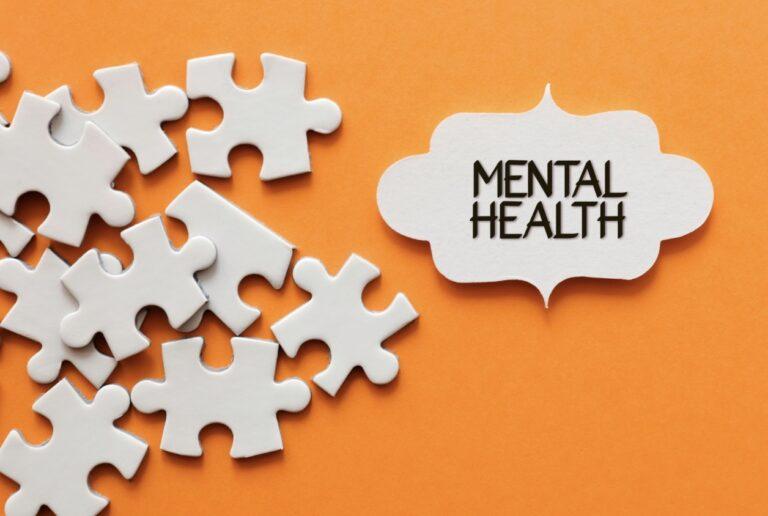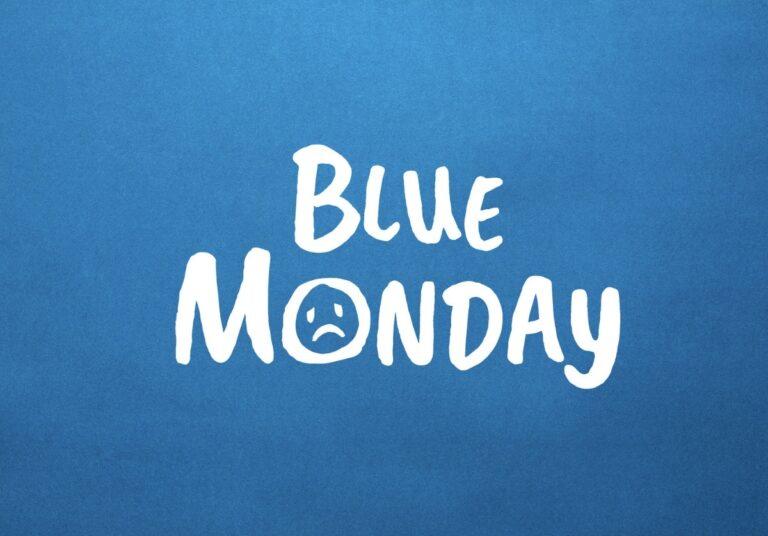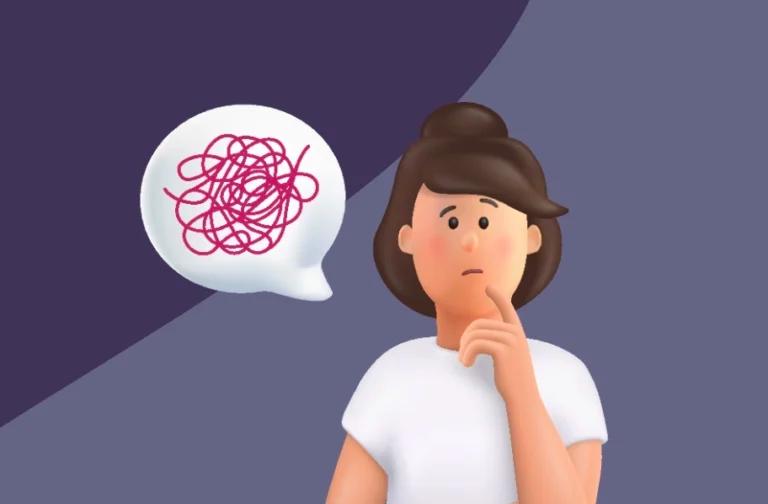

December 22, 2025 (Current Version)
October 31, 2025
October 31, 2025
March 28, 2025
Depression is a serious medical condition which can take a heavy toll on your life and it can lead to suicidal ideation and sadly suicide in some cases – the good news is, help is available, and getting support can make a great difference. Around 5% of men in America have experienced depression, and since men are less likely to seek help for depression than women, men are almost four times more likely to die of suicide.
It’s easy to point the finger at men and tell them to get help for depression, but sometimes it’s not as simple as that. There has been a cultural shift and fight to prevent any stigma attached to getting or asking for help. Depression varies by person and can look different in men than women. Sometimes men can be living with depression without realizing it.
Movember is a global movement dedicated to improving men’s mental health and reducing suicide. As part of our contribution to Movember, we’re talking openly about men and mental health. Here we’re going to talk about men and depression. We will also provide advice on how men can spot the signs that they’re depressed. We need to change the stereo-type and encourage everyone not just men to seek help.
What is depression?
When we talk about depression, we’re usually talking about a serious mental health disorder called major depressive disorder (MDD) – although sometimes it’s also referred to as clinical depression or major depression. We’re going to refer to it as depression here.
What are the 4 types of depression?
While there are more than four types of depression, the most common are:
- Major depressive disorder
- Seasonal affective disorder (SAD)
- Psychotic depression
- Persistent depression
Other types of depression include:
- Mild depression
- Moderate depression
- Situational depression
- Postpartum depression
As we’ve already mentioned, major depressive disorder is the most common form of depression but there are others including:
Minor depression is a less severe version of major depressive disorder, where depressive episodes are shorter-lasting and less intense but can be amenable to lifestyle changes and talking therapies.
Moderate depression is characterized by the presence of the core symptoms of depression, such as persistent sadness or low mood or loss of interest or pleasure in most activities. There can be additional symptoms that affect daily functioning more noticeably than in mild depression, but not as disabling as in severe depression.
Persistent depression, also called dysthymia or chronic depression. This is a type of depression where symptoms last continually for two years or more, although symptoms tend to be less severe than those of major depressive disorder.
Seasonal affective disorder, also called major depressive disorder with seasonal pattern, is a depression that’s more common or worse in fall and winter and is thought to be caused by low levels of sunlight.
Psychotic depression is a form of depression where people also suffer from psychosis alongside their depressive episodes. Psychosis is a difficulty distinguishing between what’s real and what isn’t; essentially loss of contact with reality. It can cause people to experience delusions and hallucinations (voices or visual).
What are the symptoms of depression?
The most common symptoms of depression include:
- Feelings of sadness, numbness, and hopelessness
- Feelings of worthlessness and guilt
- Low energy levels and fatigue
- A lack of interest in the activities you normally enjoy
- A loss of interest in sex
- Problems sleeping or sleeping more
- Eating less or eating more, which can lead to weight loss or weight gain
- Social isolation
- Self-harm
- Thoughts of suicide or attempts to commit suicide
But here’s one of the big problems with depression – these are only some of the symptoms of the condition. There are plenty more and they can vary by person. Depression can look completely different in different people, particularly in men. You might be living with depression and not realize it because your depression looks different from the symptoms we’ve listed above.
What are the signs of depression in men?
Research has shown that men can experience depression differently than women and are more likely to experience:
- Increased anger and aggression
- Controlling and abusive behavior in relationships (though not necessarily just in depression)
- An increase in risk-taking activities, like reckless driving, gambling, and having unsafe sex
- Alcohol and drug abuse
- An increase in escapist behaviors, like working obsessively or excessive amounts of time spent watching sports, or playing video games
- Physical pain, including back pain and headaches
If these symptoms sound like something you’re going through, then you may be depressed without knowing it.
How to spot the signs of depression in someone you know?
Sometimes it takes a friend, sibling, child, or parent to recognize an individual’s depression. You might not think of some of the symptoms we’ve listed above as the usual symptoms of depression, but after reading them, you may realize that a man in your life could be living with depression. You can help by starting a conversation with them, listening, and encouraging action. Movember have some great advice for talking to another man about depression.
WHAT IS THE NUMBER ONE CAUSE OF DEPRESSION?
Unfortunately, depression isn’t as simple as that it is a complex medical condition. There is no one simple cause of depression in men. It’s brought on by a mixture of your genetics, the level of certain chemicals in your brain called neurotransmitters (possibly Serotonin), hormonal changes, your personality, and events and experiences in your life.
Treatments for depression
Depression is treatable. Treatment can keep depressive episodes at bay, make them less severe, and help you manage your condition.
There is a range of depression treatments available, and some will be more effective for you than others. You may have to experiment with the following to see what works best for you:
Talking therapy – there are several different versions of talking therapies, but psychotherapy and cognitive behavioral therapy are amongst the most common. They involve talking about and exploring your thoughts, emotions, and behaviors with a trained mental health professional. You can read up about them, try one out, and decide if a particular approach sounds appealing to you.
Lifestyle changes – getting regular exercise, eating a healthy (try a mediterranean) diet, cutting back on alcohol and avoiding drugs, can all help with depression. Making positive lifestyle changes alongside medication and talking therapy can be an effective part of a holistic treatment for depression.
Self-care – no matter how busy life gets, you need to take the time to do things you enjoy in order to protect your mental health. Self-care will be different for different people. It could be reading, playing sports, hitting the gym, watching movies, or spending time with your kids, whatever works for you.
Medication – a range of different antidepressants are available and they’re effective treatments for many people with depression these include SSRIs and SNRIs. They work in different ways and can have different side effects, so you may have to try different medications to find one that helps you the most.
Where to find support for depression?
If you are living with depression, treatment is important, but sometimes you might need some extra support. It can be a huge help to talk to people facing similar challenges to you, and sometimes you may need to talk to someone in an emergency if you’re troubled with thoughts of self-harm and suicide.
There are a wide array of options for support for depression, and Movember has done a great job of listing a lot of them. You should check them out – it could make all the difference.
Resources:
- NHS 111 for urgent help/999 in an emergency (UK): 24/7
- Samaritans helpline: Dial 116123 (UK) 24/7 for someone to talk to for support
- Speak to your GP to get help and support
- Shout/Headspace apps
Medical Disclaimer
NowPatient has taken all reasonable steps to ensure that all material is factually accurate, complete, and current. However, the knowledge and experience of a qualified healthcare professional should always be sought after instead of using the information on this page. Before taking any drug, you should always speak to your doctor or another qualified healthcare provider.
The information provided here about medications is subject to change and is not meant to include all uses, precautions, warnings, directions, drug interactions, allergic reactions, or negative effects. The absence of warnings or other information for a particular medication does not imply that the medication or medication combination is appropriate for all patients or for all possible purposes.








